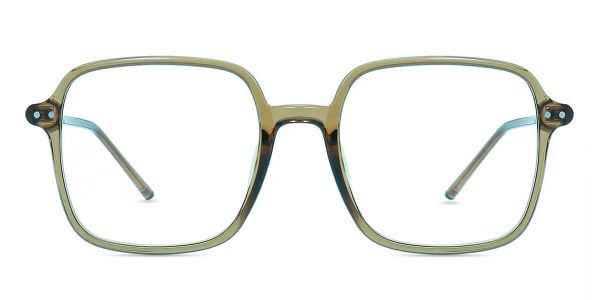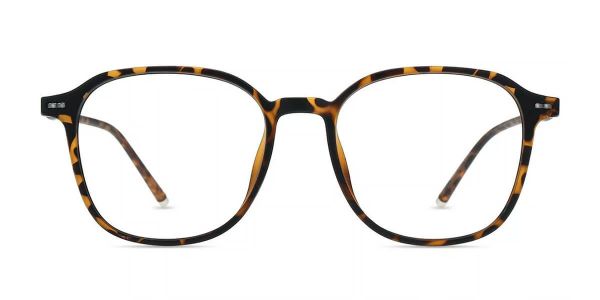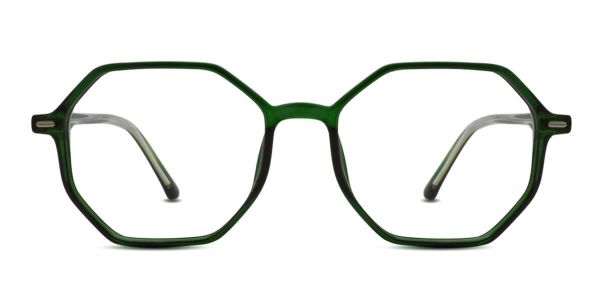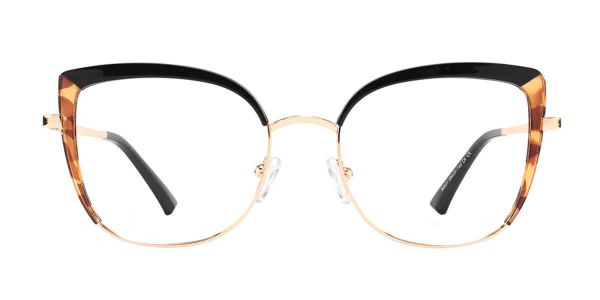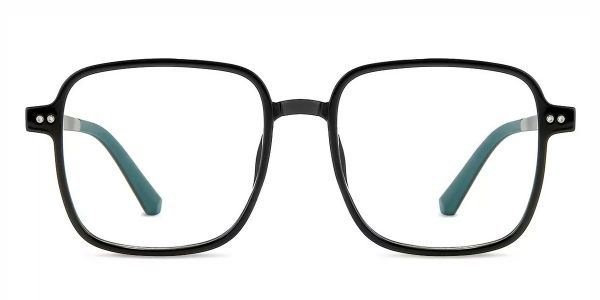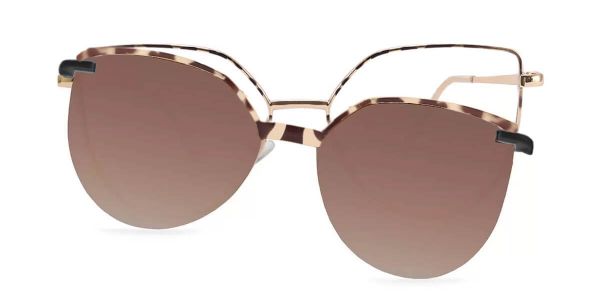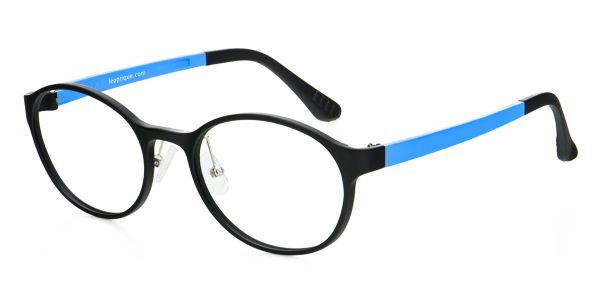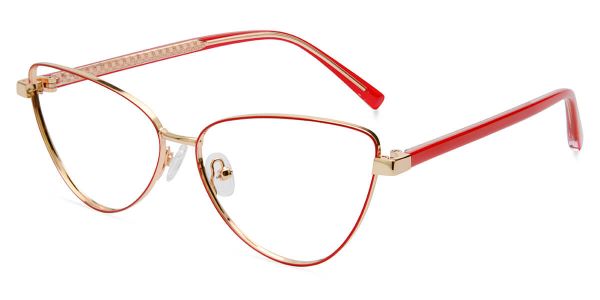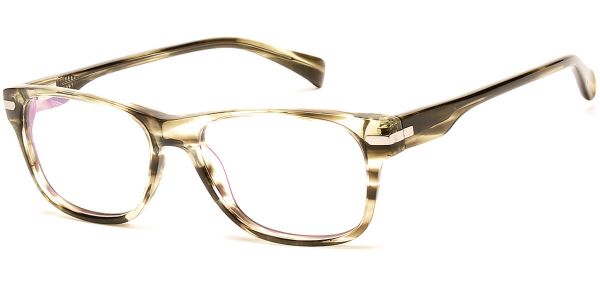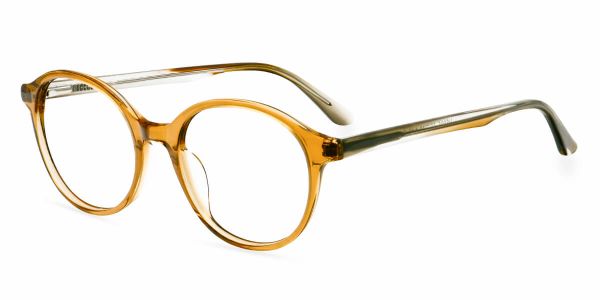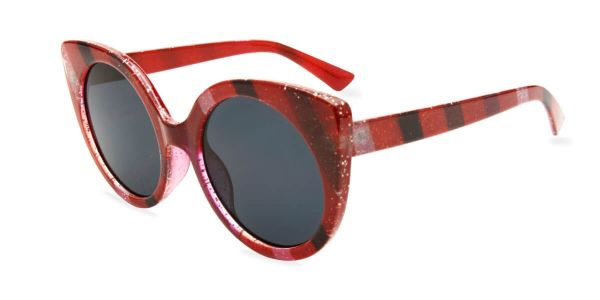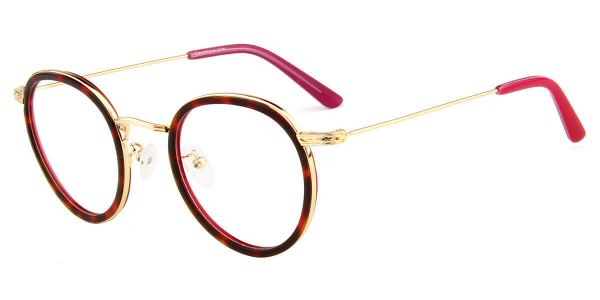
As we age, presbyopia becomes a common eye health concern for middle-aged and older individuals. However, there is a subset of people who choose to ignore the development of presbyopia and resist wearing reading glasses. This behavior can lead to a range of eye health problems. Let's delve into the hazards of forgoing reading glasses for presbyopia and explore preventive measures.
1. Blurred Vision and Eye Fatigue
The primary symptom of presbyopia is blurred vision at close distances, particularly when reading small print or engaging in activities that require a close focus. Avoiding reading glasses can result in a decrease in the eye's ability to adjust, leading to blurred vision. Prolonged use of the eyes may also cause eye fatigue, characterized by discomfort, dryness, and swelling.
2. Increased Myopia
The occurrence of presbyopia is related to the gradual loss of elasticity and focusing ability of the crystalline lens in the eye. Neglecting to wear reading glasses in a timely manner may contribute to a decline in the ability of the ciliary muscles to adjust, potentially causing an increase in myopia. This not only affects the clarity of close-up vision but also complicates the correction of visual acuity.
3. Reading Difficulties and Decline in Quality of Life
For individuals accustomed to reading, writing, or engaging in activities that require close-up vision, avoiding reading glasses can make these activities more challenging. A decline in quality of life may lead to anxiety and frustration, impacting both work and daily routines.
4. Other Symptoms Due to Prolonged Eye Strain
Individuals who already have presbyopia but resist wearing reading glasses may experience symptoms such as dizziness and eye discomfort. This is a result of prolonged eye strain, leading to fatigue in the ciliary muscles and affecting the overall comfort of the eyes.
Prevention and Improvement
To prevent the problems associated with presbyopia and to address them effectively, taking the following measures is crucial:
-
Regular Eye Examinations: Schedule regular eye check-ups to identify signs of presbyopia early and ensure prompt diagnosis and treatment.
-
Wear Appropriate Reading Glasses: Once diagnosed with presbyopia, follow the advice of an eye care professional to choose reading glasses with the appropriate prescription, enhancing clarity for close-up vision.
-
Maintain Eye Health: Prioritize eye health by avoiding prolonged periods of eye use, ensuring adequate sleep, engaging in eye exercises, and incorporating a balanced diet rich in vitamins and minerals.
-
Adopt Healthy Lifestyle Habits: Embrace healthy lifestyle habits, including proper nutrition and a balanced routine, which positively impact overall eye health.
Presbyopia is a normal physiological phenomenon, but ignoring its presence and neglecting reading glasses can have adverse effects on eye health. By taking timely preventive and corrective measures, we can protect our vision and enhance our quality of life. Put on those reading glasses, show some love to your eyes, and keep every moment crystal clear.

